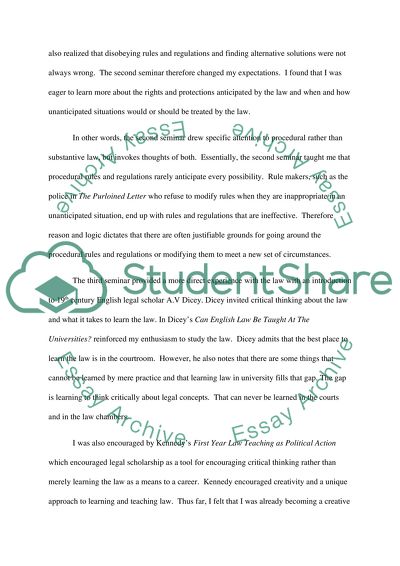Cite this document
(“Critical Introduction to Law Portfolio Essay Example | Topics and Well Written Essays - 4750 words”, n.d.)
Retrieved from https://studentshare.org/environmental-studies/1418574-critical-introduction-to-law-portfolio
Retrieved from https://studentshare.org/environmental-studies/1418574-critical-introduction-to-law-portfolio
(Critical Introduction to Law Portfolio Essay Example | Topics and Well Written Essays - 4750 Words)
https://studentshare.org/environmental-studies/1418574-critical-introduction-to-law-portfolio.
https://studentshare.org/environmental-studies/1418574-critical-introduction-to-law-portfolio.
“Critical Introduction to Law Portfolio Essay Example | Topics and Well Written Essays - 4750 Words”, n.d. https://studentshare.org/environmental-studies/1418574-critical-introduction-to-law-portfolio.


